
Silencing the Press: The Case of Alsu Kurmasheva and the Growing Threat of ‘Foreign Agent’ Laws
The RFE/RL reporter spent 288 days in a Russian prison after she was accused of failing to declare herself a “foreign agent.”

The RFE/RL reporter spent 288 days in a Russian prison after she was accused of failing to declare herself a “foreign agent.”

GIJN offers a snapshot of how watchdog reporters are confronting algorithmic abuses and misinformation while also employing AI as a key newsroom tool.
Also highlights how X influences Elon Musk’s government policy, the numbers behind the successful Danish toy maker Lego, and mapping the Sudan conflict.
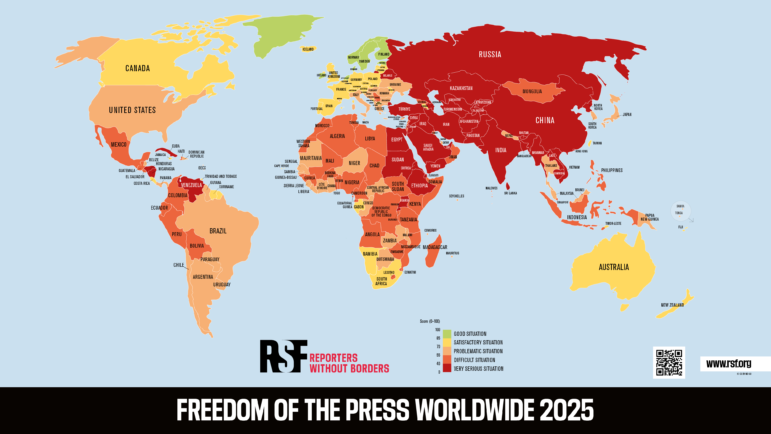
As reporters mark World Press Freedom Day, RSF’s 2025 annual ranking reveals press freedom around the world has fallen to a new, unprecedented low.

Insiders who successfully sound the alarm often do so with help — by partnering with allies who can amplify their message and help shield them from retaliation.

The US government’s detained immigrant population flatlined in April, but there’s more to the numbers than meets the eye. Here’s what journalists need to know about the data.

Philippine reporter Cristina Chi uncovered an orchestrated disinformation campaign on Facebook to falsely portray the arrest of the country’s ex-president.

In this story, several investigative journalists from Mexico speak about the experience of turning their exposés into books.
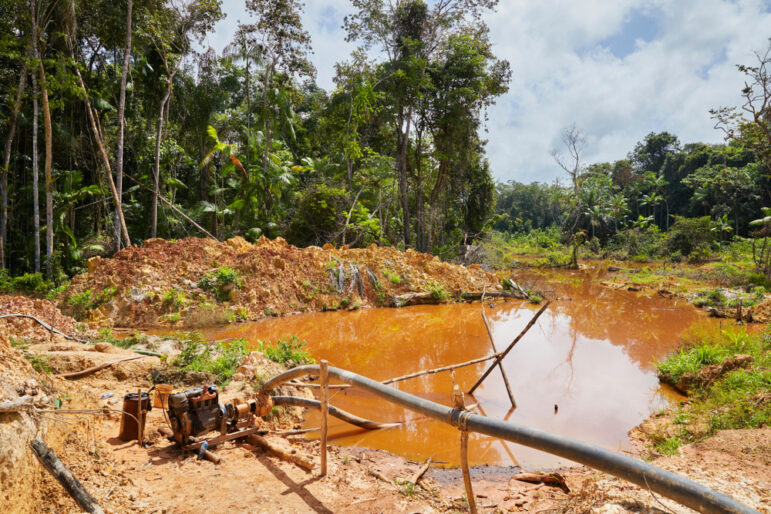
This Pulitzer Center-supported investigation dug into illegal gold mining in South America, and traced how these illicit products are secretly fed into legitimate supply chains.
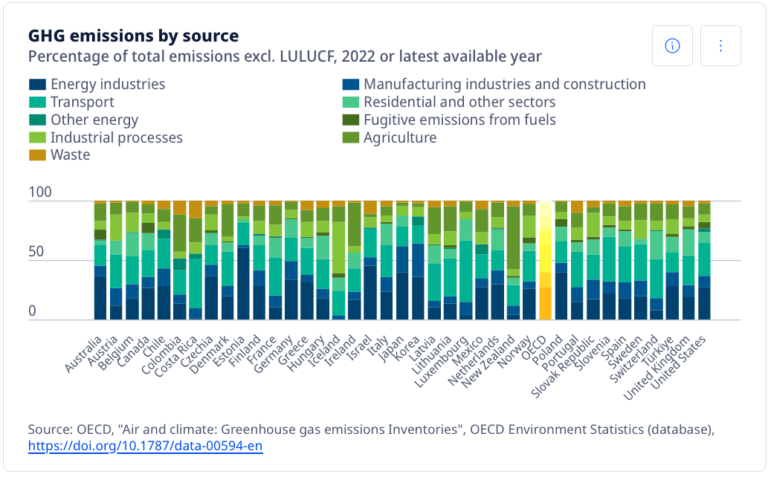
The wide range of international environmental data that the OECD offers, though often Eurocentric, is still extensive in scope and comparatively reliable.

There are myriad number of reasons why reporters decide launch their own news sites, but these enterprising journalists often face a series of new, daunting challenges.

Journalists around the world have mined the Strava fitness app to pinpoint secret military bases and track the movements of world leaders.

At a NICAR 2025 panel, data journalism experts discussed nuanced number errors that watchdog reporters often make that can confuse readers and disrupt story angles.
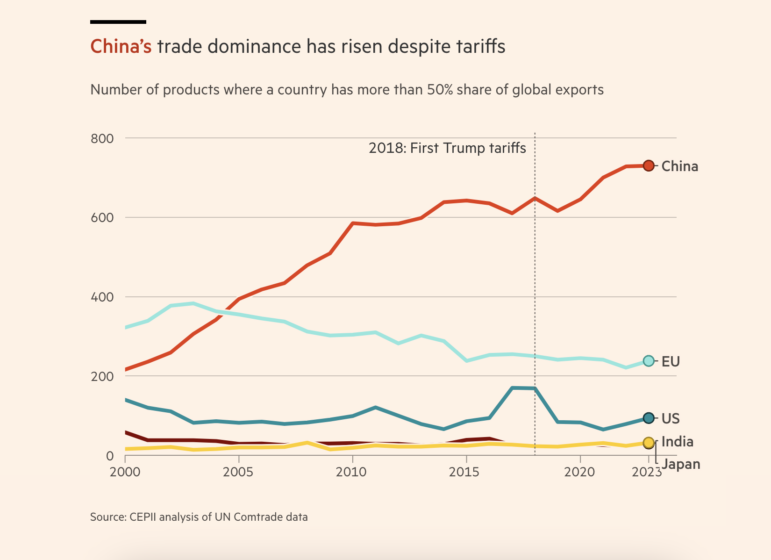
Also highlighting data investigations into oil exploration in the Amazon, women who travel for an abortion in Europe, and and how music is passed down through generations.

The Dating App Reporting Project conducted an 18-month investigation into the mechanisms meant to keep people safe on dating apps — and found them wanting.
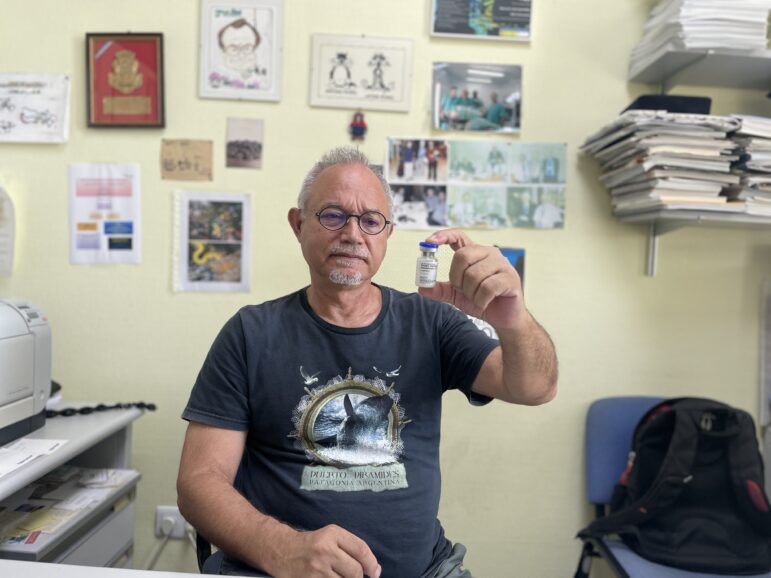
Two reporters from The Bureau of Investigative Journalism’s global health team explain how they uncovered the shady world of phony snakebite antivenom.

Newsrooms across Africa have established formal, right-to-information help desks that leverage government document requests for public accountability and watchdog reporting.

The new Violation Tracker Global (VT Global) portal offers unique and valuable datasets on corporate misconduct across 57 countries and territories outside of the US and UK.

Data journalism in the Middle East has been driven by organizations that have produced collaborations and projects that combine innovative techniques with nuanced local knowledge.

Feras Dalatey describes the surreal experience of reporting in his home country days after the fall of the Assad regime — and the challenges ahead for Syria’s investigative journalists.

The investigative journalist — who has covered Iraq’s secret sex trade, the Yemen war, and the Sanaa funeral bombing — shares insights from working on a difficult beat.

Press freedom in the Maghreb is under attack and in decline, but investigative outlets have still found ways to uncover corruption and reduce the risks of publishing.

Investigative journalists across the region talk about their biggest challenges — from repressive laws and surveillance to funding cuts.

To dismantle VOA and other US-funded affiliates would be to silence decades of coverage in overlooked parts of the world on topics like human rights, corruption, and war crimes.

A bill currently being proposed in the South American country’s legislature would have a chilling effect, and make in-depth exposés of the powerful virtually impossible.

Ten years on, those behind Reveal, the award-winning public radio show and podcast, talk about the investigations that have defined their program.

What does climate change feel like? How will your city’s climate shift, 50 years from now? Data scientist Derek Taylor explains his latest piece.

During a panel at ISOJ, fact-checkers discussed platform-enabled mis/disinformation in an era struggling with news avoidance, distrust, and limited access to information.